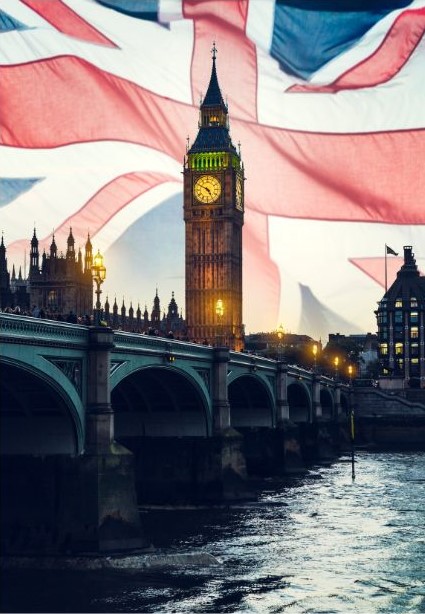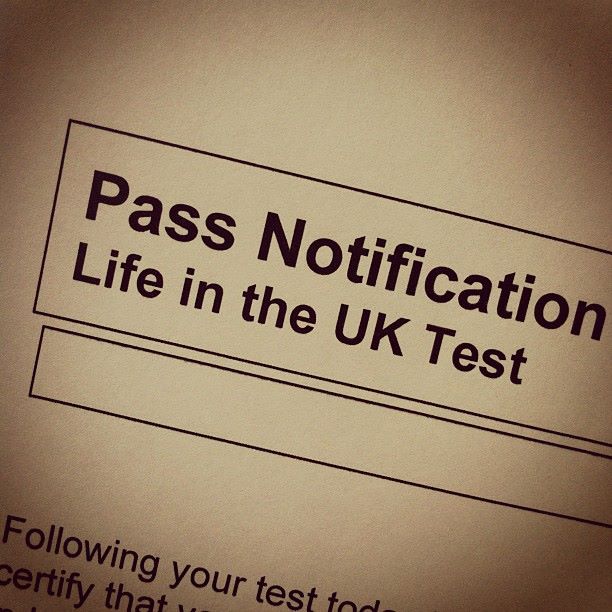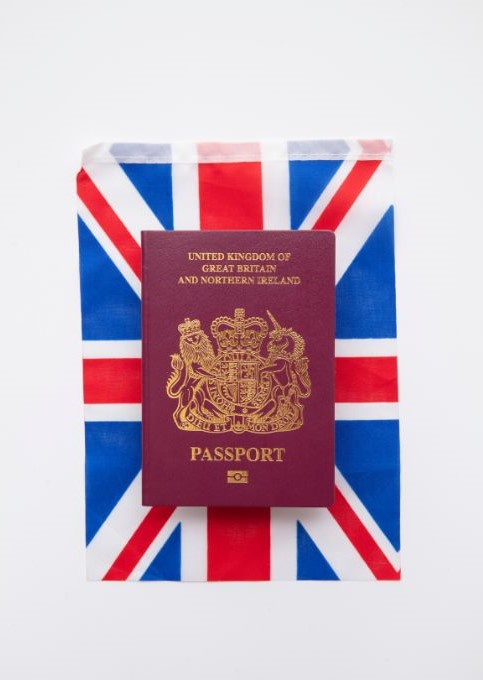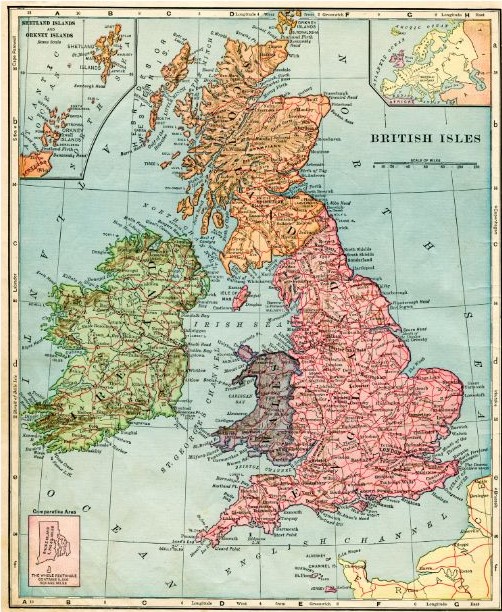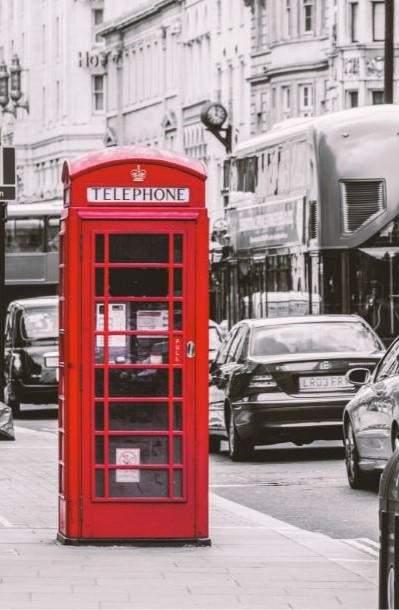What does having indefinite leave to remain mean?
Understanding Indefinite Leave to Remain in the UK

Achieving Indefinite Leave to Remain (ILR) is a significant milestone for anyone aiming to settle permanently in the UK and eventually obtain British citizenship. Securing ILR status is a mandatory step towards becoming a British citizen and obtaining a British passport.
You can apply for ILR after residing in the UK for five years. With ILR, you are exempt from applying for visa extensions and can live and work in the UK indefinitely.
Benefits of Holding ILR Status
Holding ILR status grants several advantages, including:
- Access to free healthcare through the NHS.
- Eligibility for various public funds.
- The ability to bring family members, such as dependent children, to live with you in the UK.
Bringing Family Members to the UK with ILR
One of the notable benefits of ILR is the ability to bring family members to the UK. You can apply for family visas, such as the spouse visa or dependent visa, to enable your relatives to join you. However, each visa has specific requirements that must be met.
Spouse or Partner Visa Requirements:
- You must be in a recognised civil partnership or marriage, or have lived together for at least two years. Alternatively, you must be planning to marry within six months of your partner’s arrival.
- Both you and your partner must be over 18.
- Your partner must meet the required English language standards.
- They must demonstrate financial self-sufficiency during their stay in the UK.
Dependent Child Visa Requirements:
- Your child must be under 18.
- They must not be living independently and will need to prove they will be financially supported while in the UK.
You may also apply for the Adult Dependent Relative visa if a family member requires care that is unavailable in their home country.

Accessing Benefits with ILR Status
Unlike many visa categories that restrict access to public funds, UK ILR allows you to claim a variety of benefits to support your life in the UK, including:
- Universal Credit
- Personal Independence Payment
- Housing assistance from the local authority
- Attendance Allowance
- Carer’s Allowance
- Child Benefit
- Council Tax Reduction
- Domestic Rate Relief (in Northern Ireland)
- Disability Living Allowance
- Housing Benefit
- Income Support
- Income-based Jobseeker’s Allowance
- Income-related Employment and Support Allowance (ESA)
- Severe Disablement Allowance
- Social Fund Payments
- Child Tax Credit
- Working Tax Credit
- State Pension Credit
Additionally, you can access free NHS healthcare and are no longer required to pay the annual immigration health surcharge.
Route to British Citizenship through ILR
Holding ILR status is the first step towards British citizenship, fulfilling the continuous residence requirement. To qualify for British citizenship, you must:
- Have lived in the UK for at least 5 years, with no more than 450 (270 if your spouse/partner is a British citizen) days spent outside the UK.
- Have held ILR status for at least 12 months (not applicable if your spouse/partner is a British citizen).
- Pass the Life in the UK test.
- Demonstrate knowledge of the English language.
- Comply with UK immigration rules and the Good Character requirement.
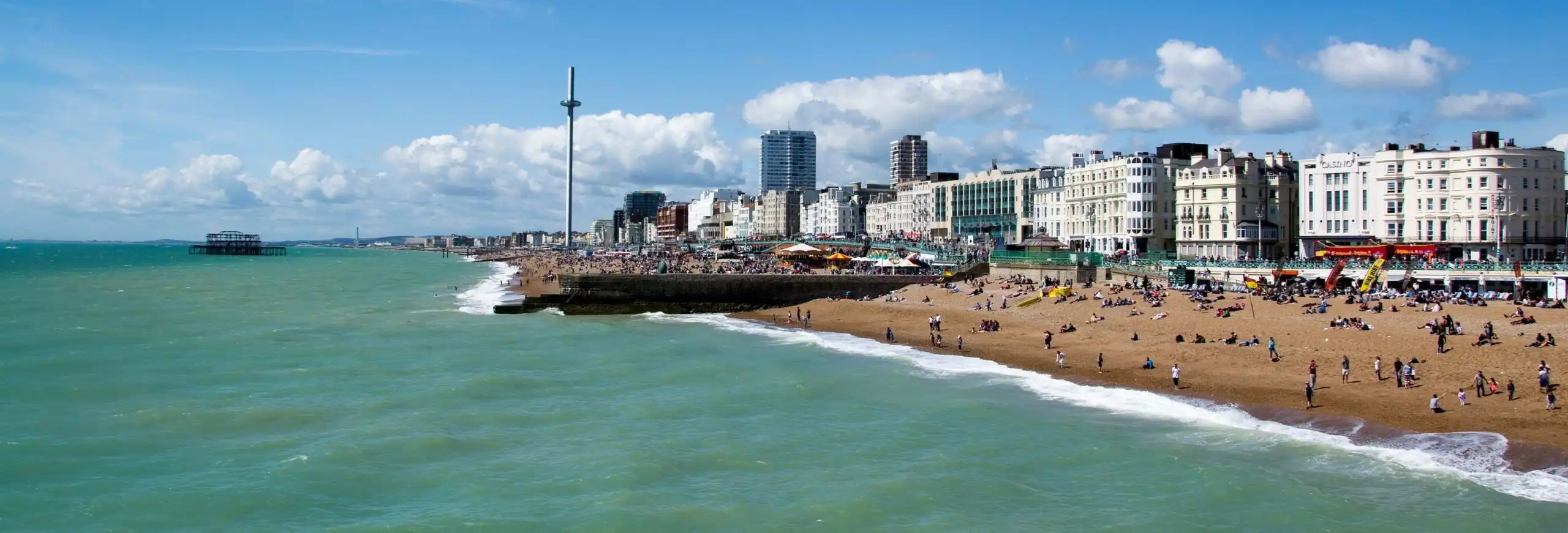
Applying for ILR
To apply for ILR, you’ll need to complete one of two main forms: Form Set (O) or Form Set (M).
- Form Set (M): For partners or parents of children who are already settled in the UK.
- Form Set (O): For all other ILR applications, including those on Investor, Global Talent, Long-term Worker, Skilled Worker, PBS dependants, and UK Ancestry visas.
Both forms require supporting documentation.


Let Us Help You Apply for Indefinite Leave to Remain
Ready to apply for Indefinite Leave to Remain? Book a consultation with our experts for tailored advice and step-by-step guidance through the application process.
Ready to apply for Indefinite Leave to Remain? Book a consultation with our experts for tailored advice and step-by-step guidance through the application process.
